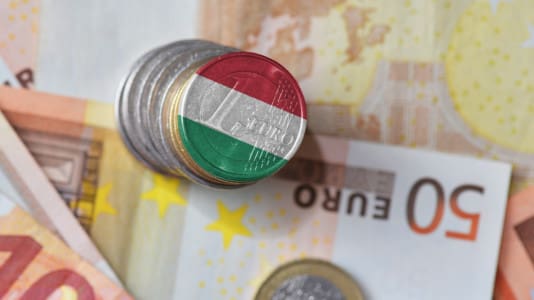Spanish conservatives were celebrating into the night on Sunday after winning the general election by securing the largest number of parliamentary seats. However, they fell short of an absolute majority, leaving the country in a state of turmoil.
With more than 99 percent of the vote counted by Sunday evening, the People’s Party (PP), led by Alberto Núñez Feijóo, had acquired 136 parliamentary seats, beating Prime Minister Pedro Sánchez’s Socialist Workers’ Party (PSOE), which attained 122 seats.
The right-wing Vox party, a potential coalition partner for Feijóo’s conservatives, had a difficult night, sing their seat count in the Spanish parliament drop from 52 to 33. And Sumar, the fledgling progressive platform more affiliated with Sanchez’s socialists, won 31 seats.
This means that when collating the seat count for both sides’ most natural allies, a right-wing bloc of PP, Vox, and the regional UPN and Coalición Canaria parties would have 171 parliamentary seats. Meanwhile, Sanchez’s PSOE, Sumar, the Basque nationalist EH Bildu, and BNG could combine to reach 165 seats.
The number required for an absolute majority is 176.
The election appears to have resulted in few winners. Feijóo is expected to enact his right and request to form a government. However, the pathway for establishing a stable government looks problematic at best, and a minority government with individual bilateral agreements on certain issues with minor parties could be the best way forward.
If this is deemed impossible, Prime Minister Sanchez could seek to form another left-wing coalition by negotiating with pro-independence Catalan parties, the ERC and Junts, established in 2020 by former Catalan President Carles Puigdemont, both of which won 7 parliamentary seats in Madrid.
Speaking after the results, Vox President Santiago Abascal warned about such a possibility. “I want to congratulate Mr. Feijóo as the winner of the elections,” Abascal said of the PP’s victory.
“I want to point out what is bad news for many Spaniards: Pedro Sánchez, even losing the elections, can block an investiture. And, even worse, Pedro Sánchez could even be installed (as PM) with the support of communism, the coup pro-independence movement, and terrorism,” he added.
Both Catalan parties sensed the opportunity the election had presented them on Sunday, with Junts candidate Míriam Nogueras telling journalists the party “will not make Sánchez president for nothing.”
“We have indeed understood the result. Ours is a town that takes advantage of opportunities and this is an opportunity. A stage for change has opened (for us) to recover unity. At Junts, we have maintained our position, but it has been worth it,” she added.
Meanwhile, ERC leader Gabriel Rufián said: “We can tip the scales. From minute one, we make ourselves available to do what we said we would do, which is to set a price. Put a dilemma on the table of Spanish progressivism: either Catalonia or Vox.
“This is the dilemma that Pedro Sánchez and Yolanda (Díaz, the leader of Sumar) have if they want to govern their country,” he added.
Despite the fraught difficulties on the horizon, both main parties declared the election a success, including Prime Minister Pedro Sánchez who told a crowd of supporters on Sunday evening: “The backward-looking bloc that wanted to abolish the advances of the last four years has failed.”
“There are far more of us, those who want to see Spain continue to advance,” he added.
The victorious People’s Party leader Alberto Núñez Feijóo had remained tight-lipped at the time of writing, but party sources told El País newspaper that he will seek to form a government following the result.
“We would not understand a decision that did not go in that direction. This country has never made someone president who has lost the elections,” they told the newspaper.






